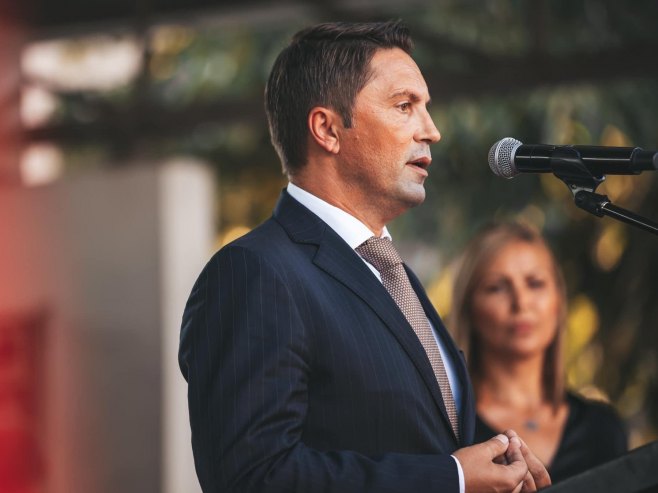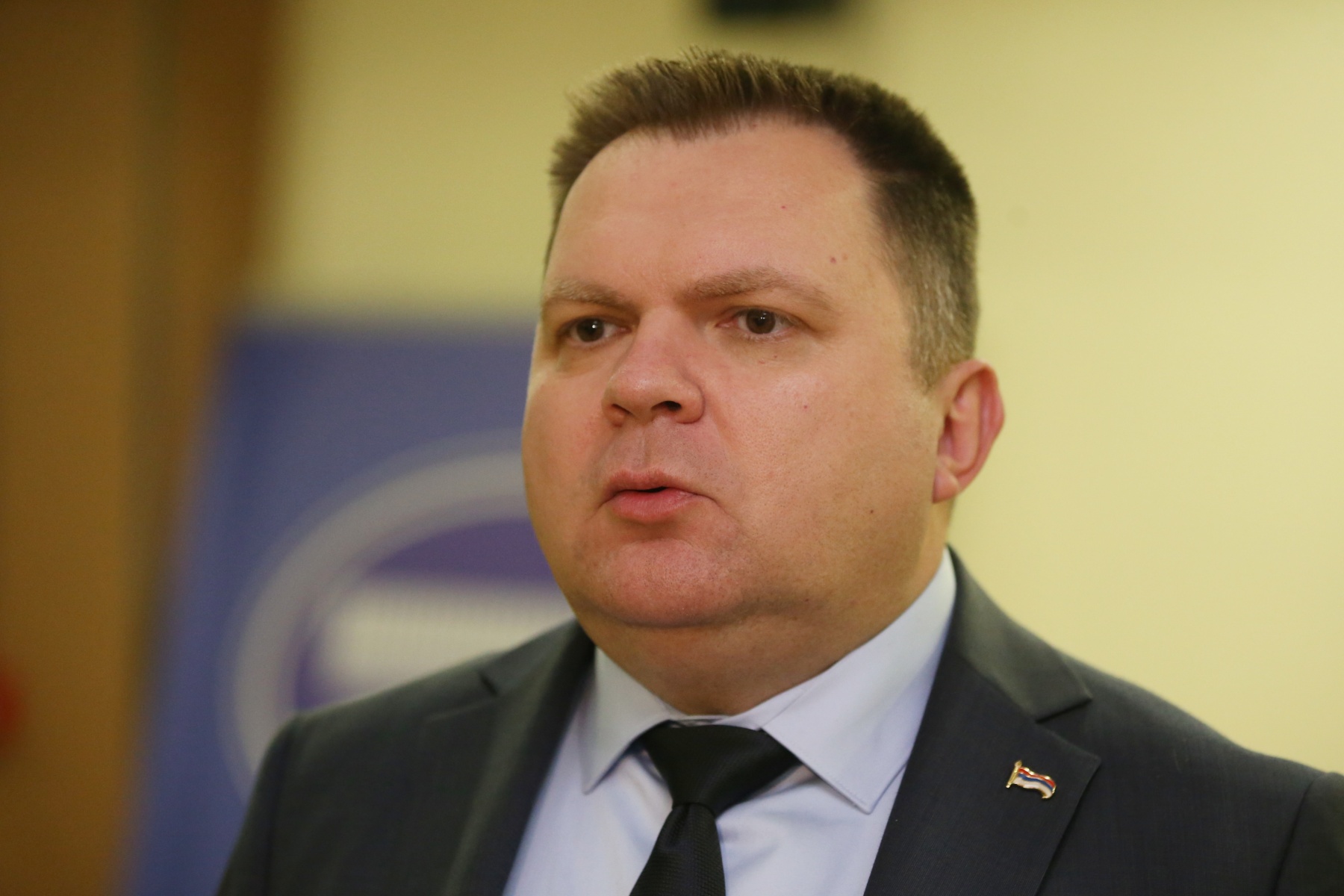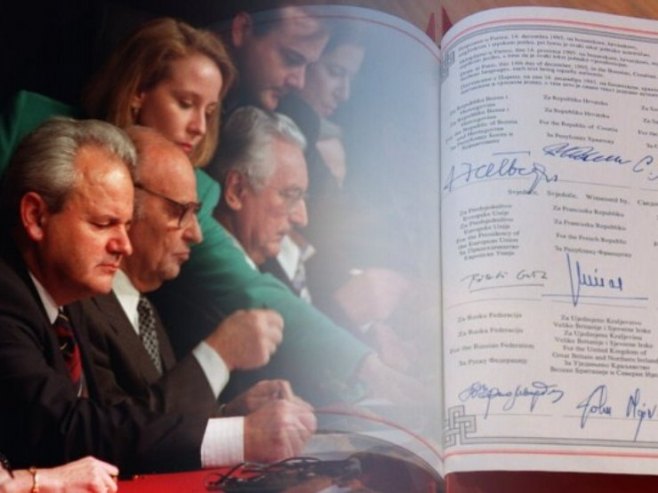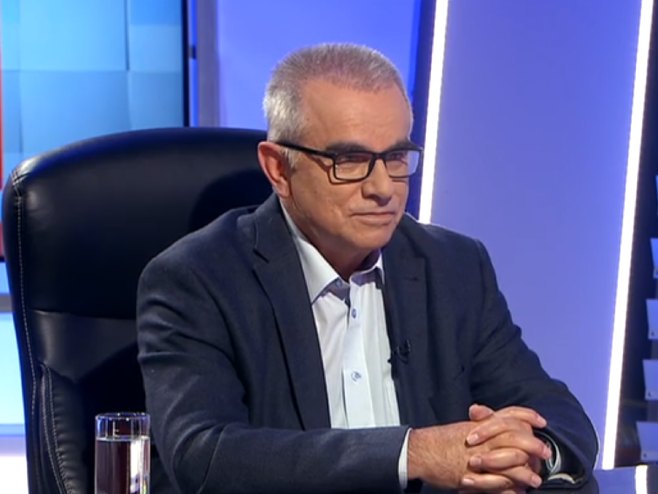“I have nothing against BiH becoming a member of the European Union. The only change compared to ten years ago is the reduced enthusiasm for this issue,” said Milorad Dodik, the President of Republika Srpska, in an interview with Kosmo.
We present the interview with the President of Republika Srpska, Milorad Dodik, for the Austrian Kosmo in its entirety.
How do you assess the possible entry of BiH into the European Union? What is your opinion regarding the current state of the European Union?
“My stance has not changed for years. I have nothing against BiH becoming a member of the European Union. The only change compared to ten years ago is the reduced enthusiasm for this issue. I believe we are not solely to blame as much as Europe, which sends us contradictory messages about accession conditions. Europe currently lacks a unified leading force that would guide the development of the EU, affecting our motivation to join. However, the EU remains the natural environment for countries of the European continent. It is important that Republika Srpska does not sacrifice its identity and tradition on the path to Europe.
If the European path allows for the preservation of our culture, independence, and tradition, it is worth following. Yet, the EU shows inconsistencies, especially when it comes to the rule of law and interventions supported by foreign powers, leading to the perception of Republika Srpska as a disruptive factor. Europe is also struggling with internal problems, leaving the continent under the influence of the United States. The Biden administration, faced with its challenges, reflects this situation where Europe indirectly remains under the leadership of leaders who may not be up to the task. We are determined not to lose Republika Srpska and, if necessary, to resist imposed conditions on the “European path.” If the European path allows for the preservation of our culture, independence, and tradition, it is worth following.
On several occasions, you have said that the goal of the International Community is the “destabilization of BiH.” What, in your opinion, is the actual goal of the International Community to destabilize BiH?
“BiH is an American project, which after the war, created the belief that the Serbs were responsible for the conflict and deserved every kind of punishment. Immediately after the war, they did not aim to adopt peace negotiations. They see BiH as a state where they will side with the Muslims and also as a card to show they are good with Muslims. You can see what they have done to Muslims in other places. BiH does not have globally significant resources that would be of interest to them. However, over these thirty years, they have created a system where all institutional and other commands in the state are subordinate to their interests, trying continuously to manage and impose solutions, with varying degrees of success. Now they have encountered a barrier that is hard to overcome. They are exclusively focused on making profits and lobbying. I have no other explanation for their goals.
You often criticize America, is there any aspect in which cooperation is possible?
“Our people have been forced to waste time since the disintegration of Yugoslavia, unable to define their strategic and national interests, remaining trapped in a cycle of defending Kosovo and Republika Srpska. Any attempt at dialogue on any topic always comes back to the issue of Srebrenica. You already know my stance on this topic. Crimes happened on all sides, and we should talk about all of them. It is always imposed that the Serbs are the villains. This constant resistance has been imposed on us and successfully maintained through the European Union and other international platforms. With the acceleration of global processes, I believe the American position in the Balkans will weaken or change. We have no reason for hostility with the Americans, except for their actions like bombing, using depleted uranium, and military exercises over us. It is hard to accept as friends those who have bombed us. These events are not far behind us, and historical facts cannot simply be rewritten. However, as long as our views, opinions are respected, and nothing is imposed, we will be open to cooperation.
Do you think Donald Trump’s arrival in power in the United States will change the way politics is conducted towards Republika Srpska?
“Republika Srpska is in a challenging geostrategic situation, located in the heart of Europe, surrounded by NATO and EU members. This position requires developing open communication with the surroundings for development and exploitation of new opportunities. Although changes in the US administration, like Trump’s, may indicate certain changes, experience suggests that changes at the top of the US do not automatically mean a change in policy towards key issues such as Kosovo and Republika Srpska. In the global context, a new balance in international relations is expected to be more open. For Republika Srpska, in a moment of global instability, it is crucial to deal with its internal challenges, especially in the context of relations within BiH. Insisting on a return to constitutional principles and rejecting imposed structures, like foreign administration, judiciary, and military that the Constitution does not anticipate, remains a priority.
In the context of the current conflict in Ukraine, how does BiH, and especially Republika Srpska, maintain its position of neutrality? How is Republika Srpska facing these challenges considering international relations and pressures?
“Our situation is not easy, but it represents the only possible direction. If we were limited only to the path to the West, we would have no benefits. It would lead to the loss of our entity and political identities. Following Western trends in imposing sanctions on Russia, we would risk losing friendships. It is clear that Russia would not look favorably on such moves, resulting in the loss of its trust and friendship, while from the West, we would not receive any significant support, only additional pressure. Our strength lies in a neutral approach and maintaining friendships with all who are open to it, including Russia.
To understand the conflict in Ukraine, it is necessary to look back at historical facts, with which many are not familiar. This conflict today suggests the creation of a multipolar world with the global powers’ aspiration to establish their spheres of influence. Criticisms directed at me for visiting President Putin are not considered justified. I am convinced that once the situation in Ukraine stabilizes, European leaders will seek meetings with Putin to solve their problems. Russia possesses vast natural resources, including metals, minerals, and energy sources, which Europe lacks. This represents an indestructible value and potential for cooperation, despite current geopolitical challenges.
How do you assess the current relations between Austria and BiH, especially in the context of BiH on the path to European integrations? How does Austria support or influence this process?
“I believe that the Austrian Foreign Minister has succumbed to superficial propaganda regarding Republika Srpska. I understand they may not have time to delve deeper into the situation. It seems they accept the information they hear without further questioning. They make decisions about us without including us in the conversation. Politicians come to Sarajevo, are charmed by Baščaršija, and get the impression that everything is in order, while in reality, the problems remain unresolved. If the Minister supports further approximation of BiH to the European Union, that is commendable, but for Republika Srpska, it opens only one key question: whether the “High Representative” is legitimate or not? Aside from this question, many other crucial issues in BiH remain unilluminated.
Source: KOSMO








